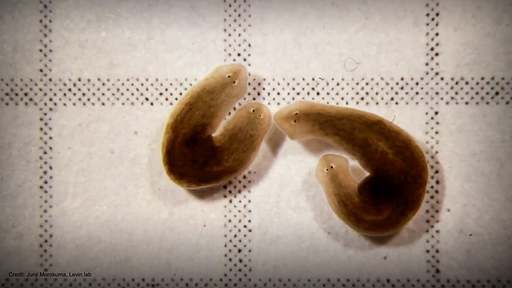WHAAAAAT?: Notes from Session 4 of TED2020
For Session 4 of TED2020, experts in biohacking, synthetic biology, psychology and beyond explored topics ranging from discovering the relationship between the spinal cord and asparagus to using tools of science to answer critical questions about racial bias. Below, a recap of the night’s talks and performances. Andrew Pelling, biomedical researcher Big idea: Could we […]
Continue reading
